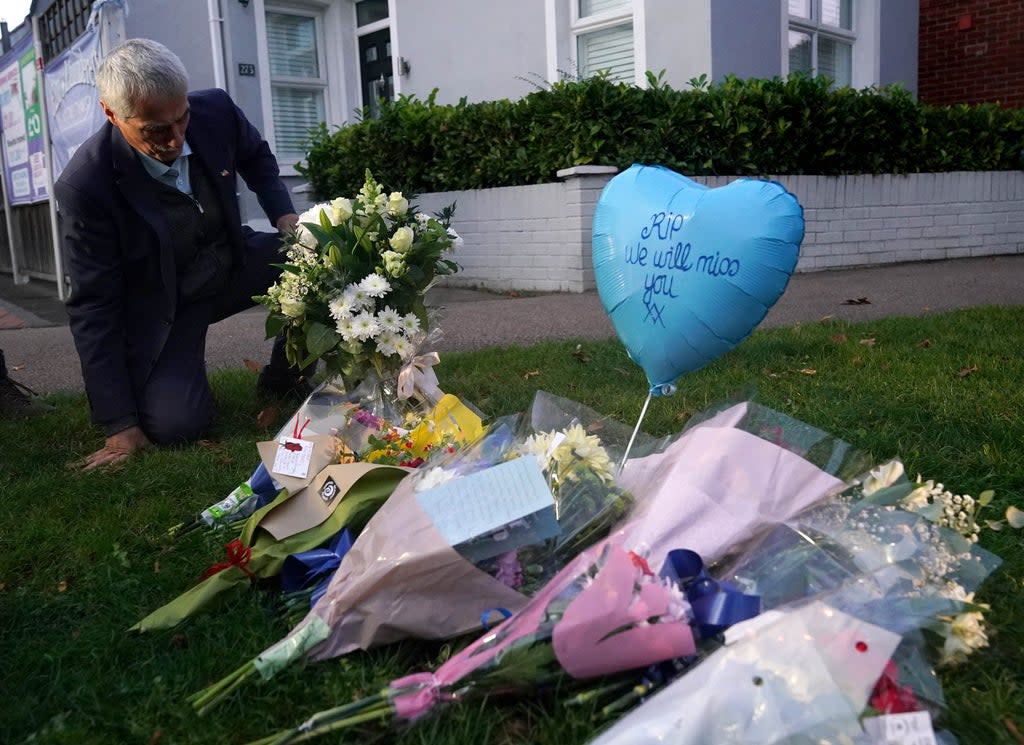Meeting constituents is central to an MP’s work – but safety needs to be a priority

David Amess could have fitted into the House of Commons in almost any decade since the universal franchise began. He was a loyal Conservative but did his own thing, spoke his own mind, and did not have an enemy in the place.
The best MPs are those who get on with doing what interests them, promoting causes they enjoy promoting and believe in, and now and then make a real change.
Yes David ticked lots of right – in every sense – boxes. He was a Basildon boy made good. He had a smile for everyone. While being anti-European avant la lettre, David would pop up with a passionate speech against fox-hunting when Tory grandees were pompously defending the barbaric ritual as a cornerstone of English democracy.
The closest he got to government was 10 years as Michael Portillo’s parliamentary private secretary, though he needed no lesson from Portillo’s showmanship style of politics to make his own splash. He was an MP’s MP.
In short, underneath a carapace of conventional Toryism was a quirky independent man who used the Commons to deliver small changes that make no headlines but mattered to the people or causes he sought legislative support for.
MPs are unique in Britain. There is no one else between them and the executive. No regional government like states in America or Lander in Germany. In the past the MP might have been a remote, grand figure. The famous Labour politician Nye Bevan never opened any mail addressed to him in the Commons. Today that hauteur won’t wash. The MP has to be master of social media, podcasts, phone-ins and much more besides.
An MP may want to do big things, write big policy and craft big speeches – but they also have to spend most weekends listening to constituents cross at the outrageous idea of housing being built that might spoil their view.
In your constituency there is usually a network of support and friendship and, however people feel on any issue, they can see their MP and listen to other points of view. They know they have spoken freely and easily in the street, in a supermarket, at a meeting, a rugby match, at church, in a pub or park to an elected official who votes on the laws of the land.
Certainly in this century the level of hate directed at MPs has grown. There may now be a case for a local patrol officer to just be outside where regular surgeries are held. Yet the day an MP has to meet his or her constituents accompanied by a guard or behind bullet-proof glass is the day our current democracy – based on 650 men and women permanently accountable to, talking with and listening to voters – disappears and some new form of democracy and holding government to account will have to be invented.
Even as many MPs will shed tears over the loss of a good, decent man in David Amess, I doubt there is one of them who will not wish to be always available to the people of their country.
Denis MacShane is a former Labour MP
Read More
Amid my grief, I came to care about the man who murdered my sister
Opinion: The west can’t engage China on the climate, while also demonising them
Culture and nature collide in Northern Uganda’s Acholi community

 Yahoo News
Yahoo News 
